There’s a new player in the financial sector who has been creating quite a stir. Recently, the phrase “decentralised finance,” or DeFi for short, has gained a lot of attention, and with good reason. By utilising blockchain technology to build a decentralised, trustless, and transparent system that everyone can access, DeFi has the potential to completely alter the way we think about conventional banking. But what exactly is DeFi, and how is it positioned to upend the USA’s established banking system?
Simply put, DeFi is a financial system based on a blockchain that enables anyone with an internet connection to access financial services without the use of middlemen like banks or brokers. This implies that people don’t require a centralised authority to lend, borrow, trade, and invest their assets. DeFi is important because it gives everyone, not just the wealthy few, access to a more open and transparent financial system.
In this essay, we’ll look at how DeFi is positioned to upend the USA’s established financial system. We’ll talk about the shortcomings of the current financial system, the advantages of DeFi over conventional banking, and the regulatory difficulties DeFi encounters. So, strap in and get ready to discover why DeFi is the financial industry of the future!
The State of Traditional Finance Currently in the United States
Large banks and financial institutions, which serve as middlemen between people and their money in the current US financial system, are in charge. Although the system has been in place for years, it has several flaws and limits that make it susceptible to change. The lack of openness in traditional finance is one of its main flaws, as it can lead to customers paying hidden fees and unexpected expenses. Additionally, the system is frequently centralised, which means that a few number of strong entities control the flow of money, preventing marginalised populations from having access to and being included in it.
Another drawback of conventional finance is its reliance on antiquated technology, which can lead to labor-intensive and delayed procedures. As evidenced by the various financial scandals that have happened over the years, the system is also vulnerable to fraud and security lapses. Due to these shortcomings, traditional finance has lost a lot of people’s trust, and they are now looking for other solutions.
Due to these restrictions, the financial system is vulnerable to change, which is where DeFi comes in. DeFi provides an intermediary-free financial system that is more open, accessible, and safe thanks to blockchain technology. As a result, people can access financial services and have more control over their assets without being constrained by the constraints and drawbacks of conventional finance.
Describe DeFi.
A financial system known as DeFi, or Decentralised Finance, is based on blockchain technology and runs independently of centralised organisations like banks and governments. Decentralised, or operating without the need of middlemen, DeFi differs from traditional finance in that it functions on a peer-to-peer basis. Anyone with an internet connection can now access a financial system that is more open and transparent.
DeFi has many advantages over conventional finance. Decentralisation, or the lack of a central authority in charge of the system, is one of the main benefits of DeFi. Since there is no single point of failure or corruption risk, users’ security and transparency are strengthened as a result. In comparison to traditional financing, DeFi frequently has lower costs and fewer entrance obstacles, making it more accessible. This enables the financial system to become more democratic and to increase financial inclusion. DeFi has the ability to change the way we think about finance as a whole and build a more open and accessible system for everyone.
DeFi’s Increase in the USA
In the USA, the DeFi market has experienced rapid expansion in recent years; by 2021, the entire value of DeFi protocols will have exceeded $100 billion. One of the biggest markets for DeFi is the USA, where the ecosystem has a significant user and investor base. The rise of blockchain technology and cryptocurrencies, as well as the rising need for decentralised financial goods and services, have all contributed to the development of DeFi.
The creation of new protocols, platforms, and applications has led to a tremendous growth in the DeFi ecosystem in the USA over the last few years. Users now have access to a wider variety of goods and services as a result of greater innovation and competition in the market. The popularity of cryptocurrencies, which has given people a new means to access and use DeFi products and services, has also contributed to the expansion of DeFi.
Overall, a number of factors, such as rising demand for decentralised financial solutions, the emergence of blockchain technology and cryptocurrencies, and the creation of new protocols and platforms, have contributed to the expansion of DeFi in the USA. DeFi has the ability to change the way we think about finance and build a more open and just financial system as it develops and matures.
Financial Inclusion and DeFi
By giving unbanked or underbanked people access to financial services and goods, DeFi has the potential to improve financial inclusion in the USA. DeFi is based on a decentralised network, so everyone with access to the internet can take part in the financial system without the help of traditional banks or middlemen. This provides a variety of alternatives for people shut out of the established financial system.
By offering access to a variety of financial goods and services, such as lending, savings, and investment opportunities, DeFi can assist the underbanked and unbanked communities. By adopting DeFi, people can get around traditional finance’s limitations and costs, such as credit checks and exorbitant fees. This can give people and communities more control over their financial fate and contribute to their empowerment.
Overall, DeFi has a large potential impact on the level of financial inequality in the USA. DeFi can help close the wealth gap and open up more financial opportunities for people who have been shut out of the traditional financial system by democratising access to financial services and goods. DeFi has the ability to change the way we think about finance and build a more accessible and egalitarian financial system for all as it develops and grows.
Regulation of DeFi in the USA: Challenges
DeFi operates in a mostly unregulated industry that is still developing, thus there are substantial regulatory concerns there. DeFi’s ability to spread has been hampered by the murky regulatory landscape, which has left investors and developers uneasy. Additionally, there are worries regarding the possible risks connected to DeFi, including as fraud, market manipulation, and money laundering.
The DeFi regulatory landscape in the USA is currently disjointed and confusing. While some components of DeFi are covered by current banking regulations, others are completely unaddressed. It has been challenging for DeFi projects to comply with current rules and regulations due to the lack of clarity surrounding regulatory requirements.
Regulators are examining methods to incorporate DeFi into the regulatory system and are more focused on addressing the possible hazards connected to it. The Digital Asset Market Structure and Investor Protection Act, which would create a regulatory framework for digital assets and offer more clarity for DeFi projects, is one example of an initiative in this category. Additionally, regulators are attempting to encourage better openness and responsibility in the market and to inform consumers about the possible risks of DeFi.
Conclusion
DeFi is a ground-breaking innovation that has the ability to upend the US country’s established financial system. DeFi runs on a decentralised network that enables users to access the financial system without the aid of traditional institutions or middlemen. Compared to traditional finance, DeFi offers a number of advantages, including increased transparency, accessibility, and efficiency.
DeFi continues to develop and flourish in spite of the regulatory difficulties it faces in the USA. DeFi has the ability to improve financial inclusion and present individuals who have been shut out of the conventional financial system with more opportunity to succeed financially. Regulators will need to strike a balance between encouraging innovation and safeguarding customers as DeFi continues to develop.
DeFi has a promising future in the USA, and in the years to come, we may anticipate steady expansion and adoption. We can anticipate seeing more investment and innovation in the area as more people and organisations start to understand the potential of DeFi. In the end, DeFi has the power to change the way we think about finances and build a more fair and open financial system for everyone.
Read More You May Like:
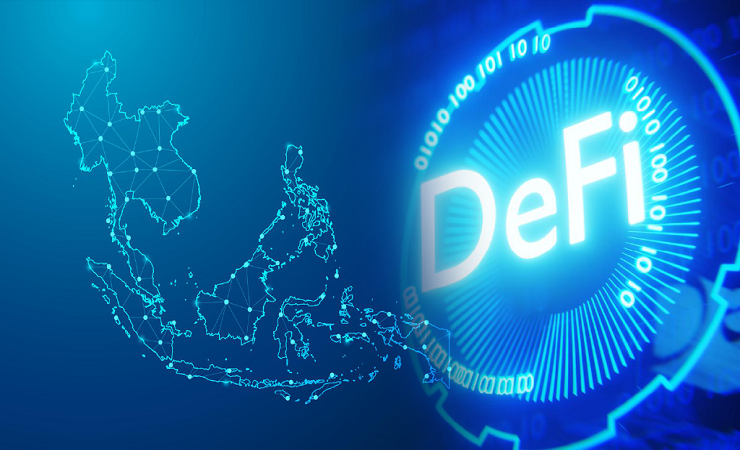
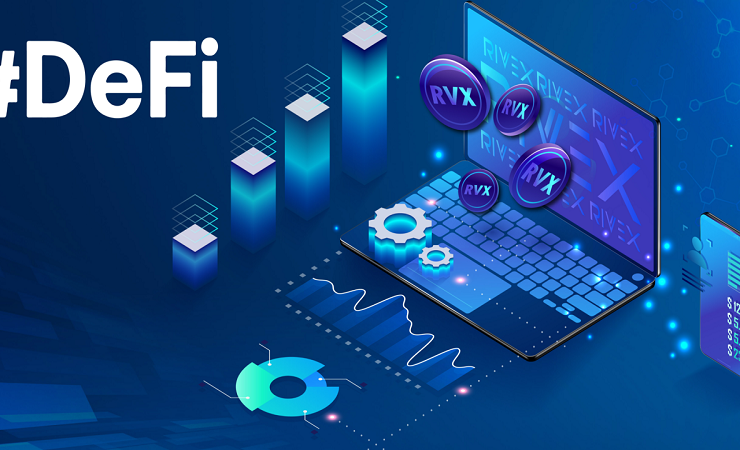

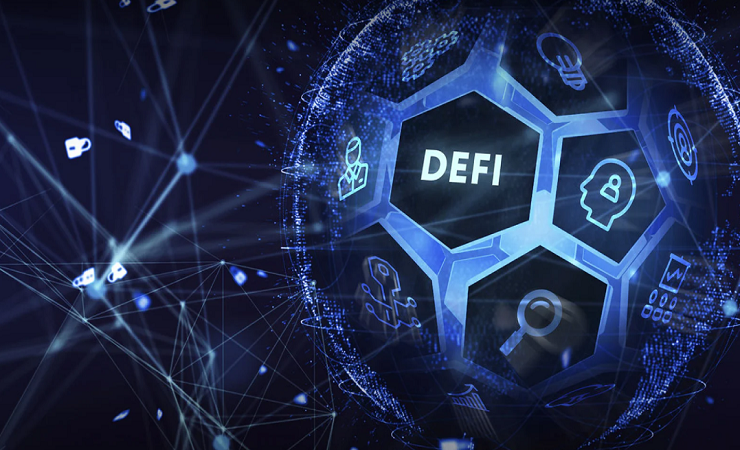
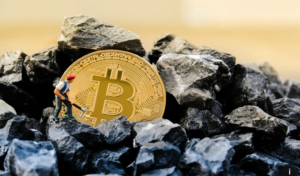
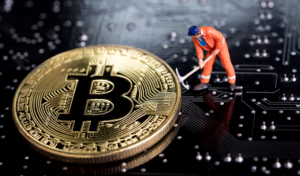


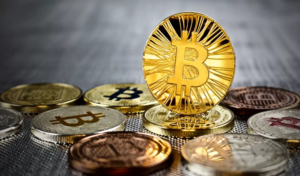





Post Comment